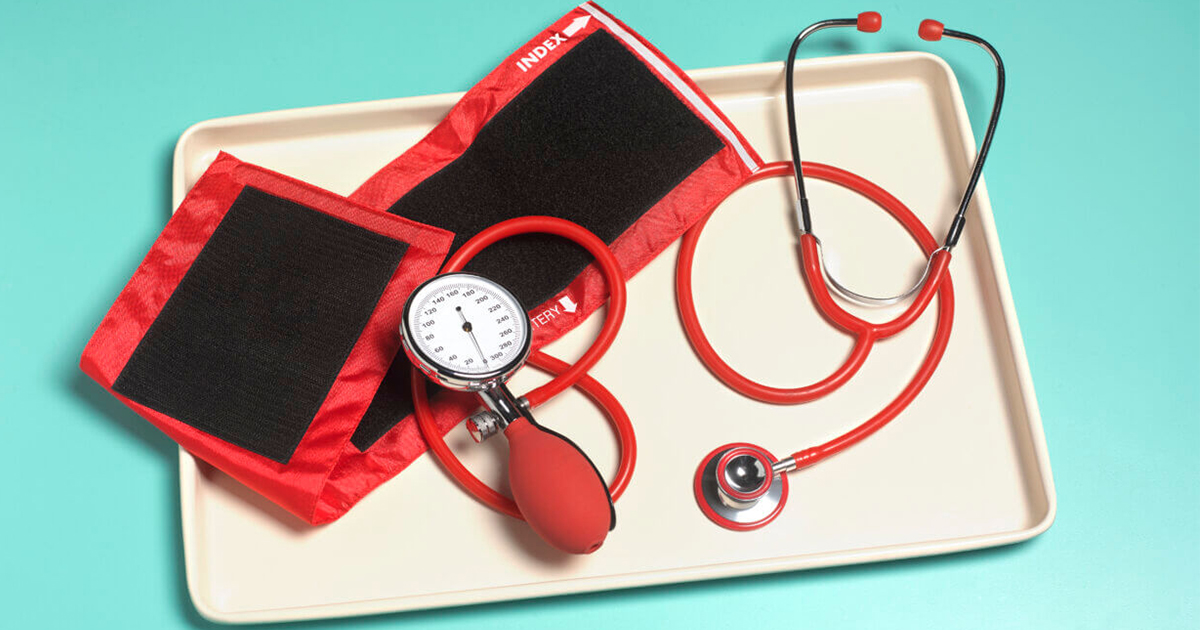How Kidneys Keep Blood Pressure in Check

The kidney is not only a vital detoxification organ in the human body, but it also regulates blood pressure. In healthy adults, blood pressure fluctuates throughout the day. If the blood pressure level remains constantly high or low, checking for any underlying causes would be wise. Long-term abnormalities in blood pressure can cause severe damage to the organs.
What is blood pressure?
When the heart pumps blood into the arteries, it exerts pressure on the walls of the blood vessels. This pressure is known as "blood pressure." One factor that determines blood pressure is the amount of blood flowing through the blood vessels, known as "blood volume." The more blood flows through the blood vessels, the higher the blood pressure. Conversely, the less blood flows through the blood vessels, the lower the blood pressure. Since half of the blood is made up of water, the amount of water in the blood determines blood volume.
How is it related to the kidney?
As mentioned, blood pressure can fluctuate during the day. When blood volume changes, it affects blood pressure levels. Nephrons, the working units in the kidney, can detect changes in blood volume and respond accordingly.
When blood pressure drops, the kidney secretes "renin." Renin activates hormones such as "aldosterone" and "angiotensin LL." These hormones send signals to the kidney to send water and sodium into the blood, thereby increasing blood pressure. Similarly, these hormones signal the kidney to excrete water and sodium when blood pressure rises.
Poor kidney function and blood pressure
Poor kidney function directly affects the kidney's ability to regulate blood pressure. Persistent blood pressure abnormalities cause vascular damage or insufficient blood supply to the organs, which can worsen kidney health and even affect the health of the rest of the body. Therefore, protecting kidney health does not only ensure the kidney's ability to remove wastes but is also a key to overall health protection.
- * All research and clinical data should be used as reference purposes only, results may vary.




